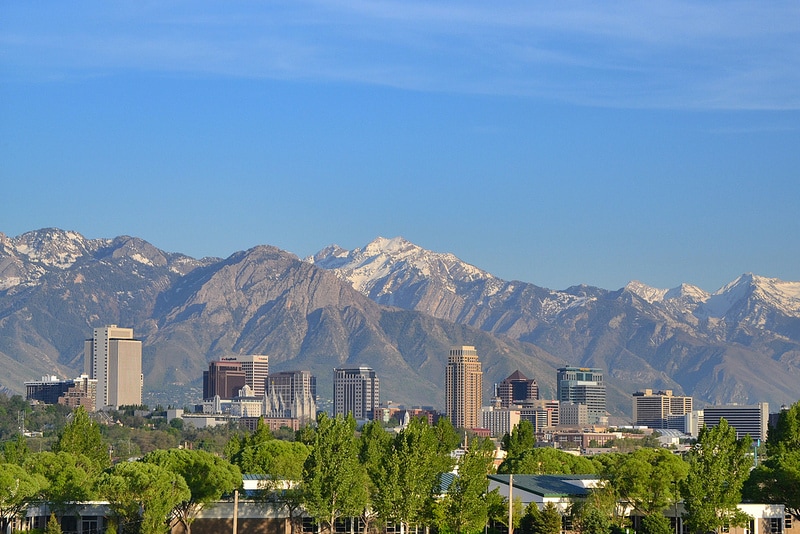| Virtually every meeting or interview I had last year with people involved in solving the Wasatch Front’s homeless problem came around to these questions: How do you decide where to put new shelters, given that neighbors are bound to protest? How do you convince folks who have invested their lives, their families and their money into a house that the disaster zone the city allowed to fester for years around the Road Home Shelter on Rio Grande Street won’t simply be recreated in their |
| | neighborhood? Now we know the answer. Salt Lake City decided the best way to proceed was to work backwards. Make the decision, buy the land, and then announce the locations of four new shelters, telling people the choices were set in stone. This has not been the city’s finest hour. Working backwards sends the message that city leaders had nothing to learn from the people they serve; that any objections they had would be self-serving and unimportant. As city leaders learned Tuesday, however, they didn’t really avoid dealing with angry neighbors, after all. You can’t do that in an open government. Sooner or later, they will be heard. More than 150 of them, mostly from around the announced Sugar House shelter, packed into City Hall to give their representatives a piece of their mind. Now, Mayor Jackie Biskupski is apparently hinting things might not be in stone, after all, saying “it’s possible” the Sugar House site could be changed. A colleague of mine suggested this might all have been calculated ahead of time to deflect attention from the other three sites. I’m not that cynical, but it’s true that secrecy tends to breed all sorts of suspicions. No serious allegations exist of any secret land deals, favoritism or other forms of corruption in the city’s selection of shelter sites. Most likely this is just another example of something I have observed during more than 30 years of reporting on and mingling with politicians. They tend to want to avoid angry confrontations with constituents. State law, for example, requires politicians to hold tax-hike hearings any time they want to collect more money than they did the year before. The law is called, “truth in taxation,” and most politicians I’ve known hate it. But if they feel strongly enough about the need for more taxes, the law requires them to make that case to the public. Frequently, they end up changing their minds after hearing what people have to say. Salt Lake City’s leaders ought to have announced the sites under consideration, listened to the people, then made the case and announced a decision. Holding a hearing before a decision becomes final gives the public at least a fighting chance to influence the outcome or provide important information. This is not a trivial matter, nor is it an easy one. Communities have a moral obligation to the homeless who, regardless of reason, find themselves helplessly destitute. City leaders need to convince people of their responsibility to confront their own obligations to help. The city’s backward approach sounds tempting for many reasons. For one thing, you don’t risk tipping off the real estate market where you intend to put the shelters, thus increasing costs. You don’t, as the mayor said, pit neighborhoods against each other in the selection process. You also expedite construction, rather than bogging everything down with a long process that ultimately harms the homeless the most. But representative government was not intended to be efficient. It was intended to be representative. Ultimately, the city will have to prove itself correct. If it designs the shelters in such a way that the homeless do not line up outside, attracting the types of criminals who currently prey on them in the Rio Grande area; if the new “holistic” approach helps people return to society; and if the shelters don’t increase crime in the vicinity, opposition will fade and the city will reap all the accolades it deserves. Until then, you can’t blame people for seeing what has happened around the current shelter, then observing a secret relocation process at City Hall and becoming suspicious. |


 RSS Feed
RSS Feed

